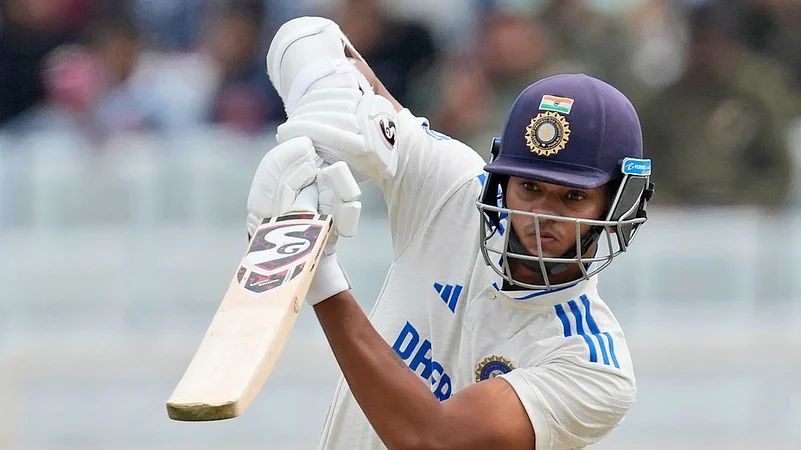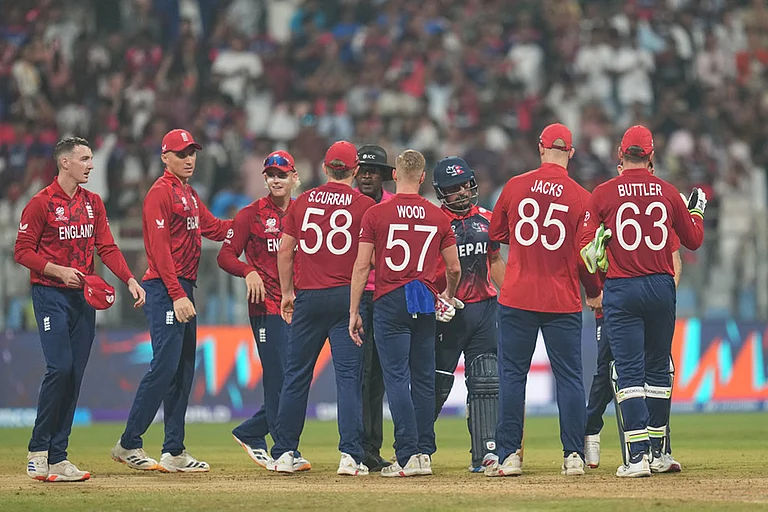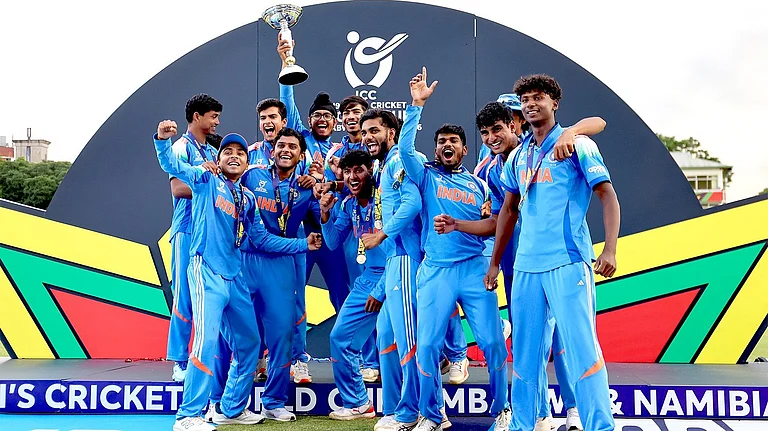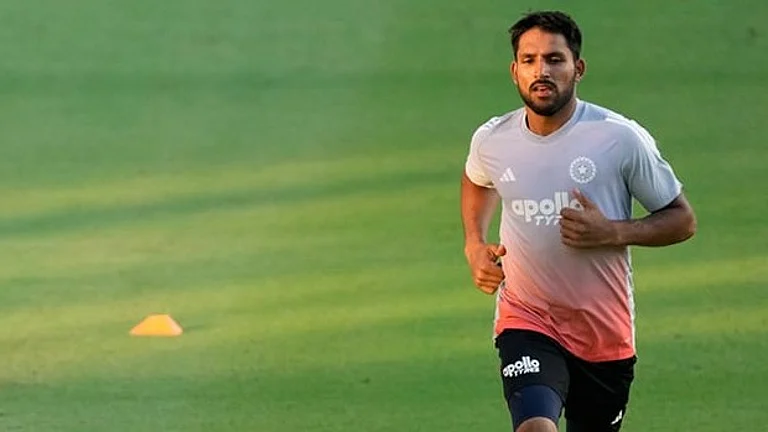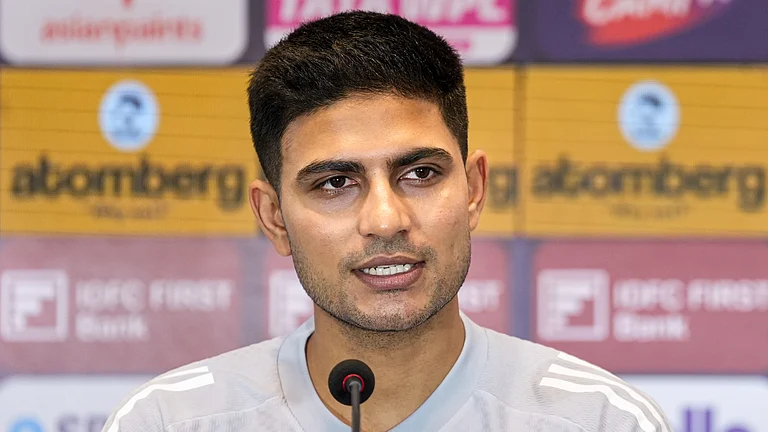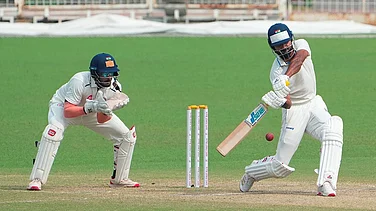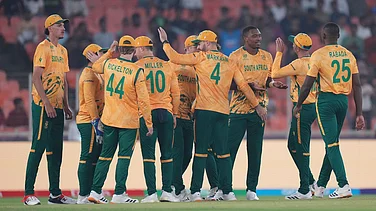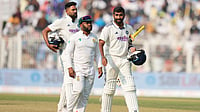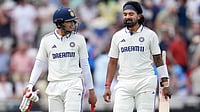The ongoing series against England has been all about the coming of a new batch of young Indian cricketers who look so comfortable in Test that the great Sunil Gavaskar said they should be around for the next 10-15 years and take Indian cricket forward to greater heights. (As It Happened | Match Report | Cricket News)
Indeed, the calmness and maturity displayed by them have been such that one feels that they could easily carry forward their brand of calm, attacking cricket to overseas venues; and like the Indian pace attack which, by virtue of its excellence, is now equally potent both overseas and at home, this could well be a crop of young Indian batters who would similarly excel in all kinds of conditions.
They have been the find of this series, and in a generational shift, have stamped their authority on this series and made it truly their own.
If the third Test at Rajkot had been all about Yashasvi Jaiswal, Shubman Gill, Sarfaraz Khan and Dhruv Jurel, the fourth match at Ranchi was about them too, except perhaps Khan who missed out here.
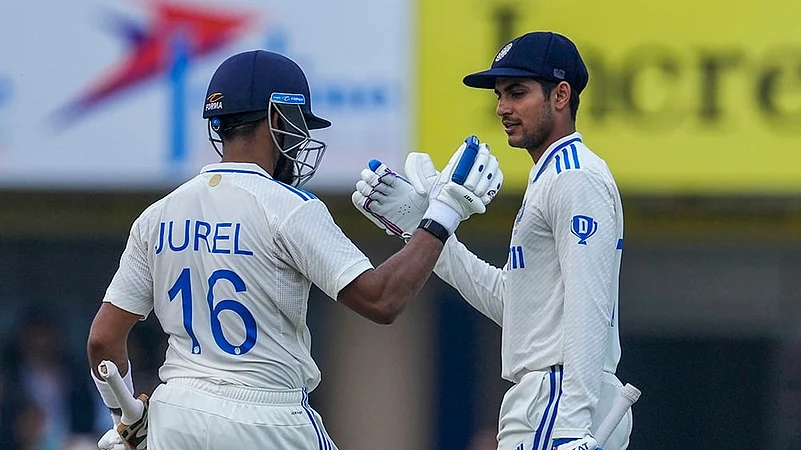
But most of all, this match was about Jurel, all of two Tests and 15 First-class matches old, playing only because KS Bharat could not capitalise on his opportunities. Perhaps fittingly so, the wicketkeeping mantle passed in legendary ‘Captain Cool’ MS Dhoni’s hometown, as the latest find of this Indian team stepped up multiple times in crucial situations and played a big hand in the victory.
How calm and assured this young man was, whether behind the stumps or in front of them, as if he had been playing Test cricket forever. Showing no sign of nerves, the unflappable temperament that he had displayed during his 46 in the third Test, was on full display at Ranchi as well as he batted first with his Ranji Trophy teammate Kuldeep Yadav in a game-changing partnership, and later with debutant Akash Deep as they put on crucial runs for the 9th wicket. Jurel, son of an Army man moved calmly to a marvellous, composed 90 in his second Test, batting with the tail, like a veteran.
It was so poignant to see him salute his dad in the stands after reaching 50 in the first innings. He would have been such a pillar of support for the young man. And like Jaiswal, Gill and Khan, he displayed the ability to effortlessly switch gears from solid defence to flamboyant attack whenever an opportunity presented itself.
Akash Deep Shows Promise On Debut
Debutants have been the flavour of the season in this high-stakes India vs England Test series. Akash Deep was no different on his Test debut, first with the ball, when he threatened to run through the England line-up on the first morning, and then in that crucial partnership with Jurel, when he showed he was no slouch with the bat, either.
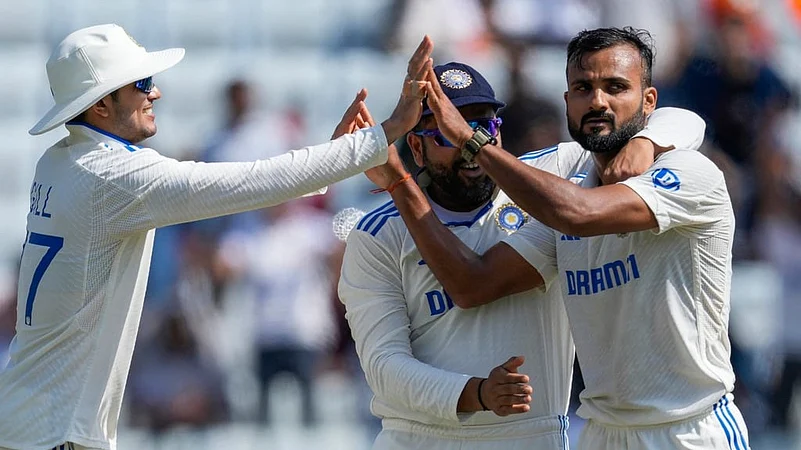
Like the other youngsters in the Indian team, he too, has come through a lot of adversity to get to where he is today, and that has made all of them mentally strong and eager to make the most of the opportunities coming their way.
Dhruv Jurel Finds His Feet In Test Cricket
With Jurel coming good at Ranchi with a vengeance, India's search for a wicket-keeper who can bat following Rishabh Pant's long absence seems to be finally over. His 90 in the first innings effectively started the Indian fightback and gave the bowlers the window of opportunity that they needed, to close out the match. It's sad though that he fell just 10 short of a well-deserved first Test hundred.
Dhruv Jurel showed plenty of character in both innings, proving that determination and application were the two primary traits needed to do well on a tricky wicket, as did young Shubman Gill in that wonderful unbeaten second innings 50 that took India over the line.
England's Bazball So Near Yet So Far
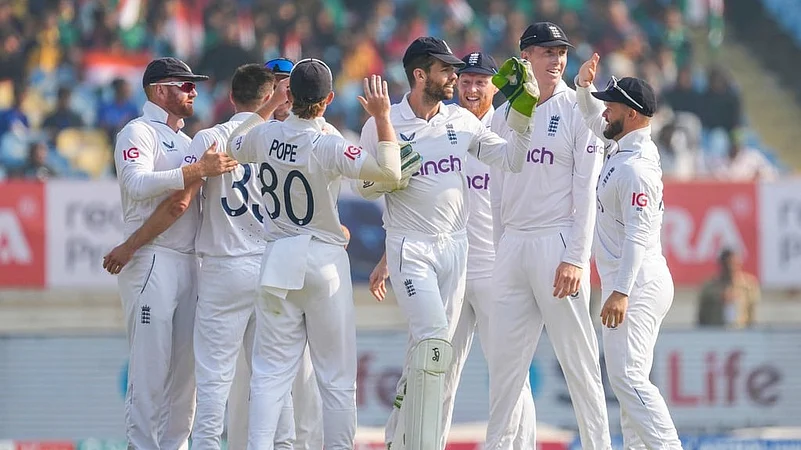
It was disappointing that England didn't exhibit a little more of those traits and bat a little better in their second innings. Yes, there were cracks in the wicket and yes, the ball was turning and bouncing, but as Gill said in his post-match interview, not every ball was landing on a crack, and concentrating hard and playing the majority that didn’t, on merit, was the way to go about your batting.
England just did not seem to try hard enough to do that in their second innings. But it was wonderful to see Joe Root getting an unbeaten hundred again, his 31st in the format, which took him close to 12000 Test runs. He was glorious to watch. It was indeed a great, typical 'Joe Root innings'!
He's been such a great player over the years and is held in such high esteem that when he came to shake Dhruv Jurel’s hand after his 90 in the first innings, the great Sunil Gavaskar, up in the commentary box, said, "When someone who has scored 31 Test hundreds comes and shakes your hand, you know you must have done something pretty special."
It was also good to see the young and inexperienced Shoaib Bashir bowl so well on this track and pick up eight wickets in the match. If he had been given a few more runs to play with by the batters, he would have made things even more difficult for India in the run chase. With a bit of experience at the highest level, Bashir, Tom Hartley, and Rehan Ahmed may easily emerge as top-class spinners over time.
But whether those opportunities would be forthcoming for them after this tour is a million-dollar question. The case of Ajaz Patel of New Zealand who took 10 wickets in an innings here in India not so long ago, and has hardly played a Test match since, is still fresh in mind.
At the start of Day 3, England were 134 runs ahead with India seven down and staring at a potentially large first innings deficit. To lose by five wickets from there soon after lunch on Day 4 shows how this England team continue to self-destruct at key moments, occasional individual flashes of brilliance notwithstanding.
As a team, England have been disappointing after the first Test have just not been able to piece together a meaningful joint effort with everyone contributing. They have run India close quite a few times, but have not been able to convert them into anything substantial.
Where they really lost the game on Day 3 was when seven wickets fell for 35 runs and collapsed abjectly to 145 all out in their second innings. Instead, if they had somehow managed to score another 80-100 runs, this match would have gone right down to the wire.
Zak Crawley‘s 60 contained some great shots and was free-flowing as always. England needed more of that, and some of the dogged determination and commitment that Shubman Gill and Dhruv Jurel exhibited in abundance while taking India home without hitting a single boundary for 30 overs.
Bazball Gets A Rude Awakening
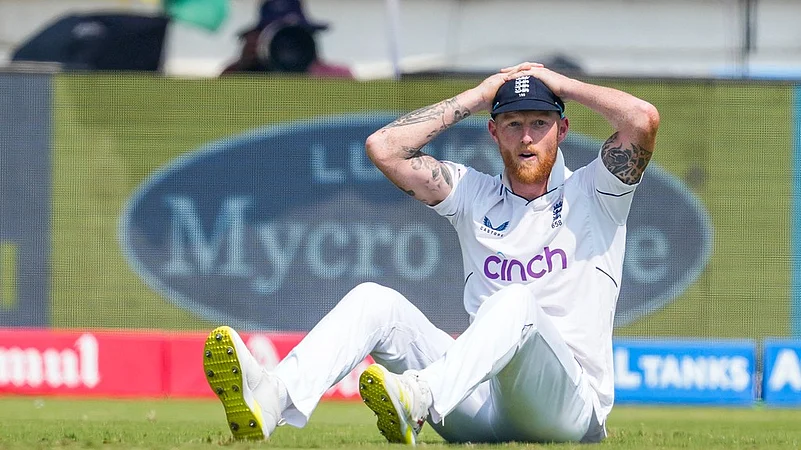
‘Intent’ is fine, but in a Test match, 'commitment' is far more important.
‘Bazball’ as a concept has proved to be a failure as predicted by some prior to the tour, and three successive defeats, one by the biggest margin ever, are testimony to that fact. Both Brendon McCullum and Ben Stokes need to accept that not all batters can or should bat in the Bazball way in Test matches.
For one, it primarily needs batters who are in great form as Johny Bairstow was, when it all began for them in England. And probably only three of them in this playing XI are suited to that style of play: Ben Duckett, Crawley and Bairstow. Maybe Ollie Pope to a certain extent. But his brilliant 195 in the first Test is already a distant memory and he’s struggled after that. As has Bairstow, who looked like getting out any time.
For discerning viewers, it is frustrating to repeatedly see these 35-ball 38s and 42-ball 42s at the top of the order in Test cricket. They are neither here, nor there.
Although India have now not lost a home series -- winning 17 of them on the trot -- over the last 11 years, matching Australia's similar run of the 1990s and 2000s, this one had promised to be a close, hard-fought series, especially after England’s shock 28 run victory in the first Test.
A promise that has now been belied, much to the disappointment of a legion of cricket fans, who would have relished a closer contest.
Instead, it was close only in patches.







